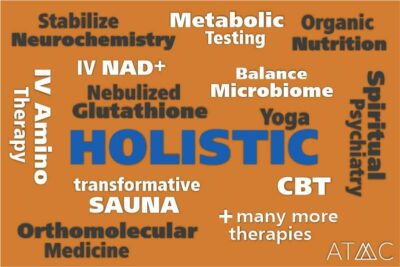Lorcet (hydrocodone) is a pain reliever that comes in oral pill form, with similar side effects, withdrawals, addiction potential, and other characteristics as occur with other synthetic opiate-based medications.
There are many such medications that combine synthetic opiates with another analgesic agent, such as aspirin, acetaminophen, ibuprofen, etc. to increase the ability of hydrocodone to suppress pain. Lorcet can be habit-forming due to its pleasant, euphoric effects and should only be taken as prescribed for as short a time as possible.
PLEASE NOTE
AN IMPORTANT note about disposing of unused medications: never flush medications down the sink or toilet, but return them to the pharmacy where you got them. The pharmacy will safely dispose of leftover medications for you, in a way that will not harm the environment or contaminate the drinking water in your community.
What Is Lorcet Used for?
Lorcet is prescribed to treat moderate to severe pain. Hydrocodone in liquid form is also used off-label as a cough suppressant in cough syrup. Hydrocodone is sometimes prescribed “off-label” for insomnia.
Lorcet Alternative Names and Slang
There are many versions of hydrocodone combined with acetaminophen that emerged in the US and around the globe. The brand names which contained more than 325mg of acetaminophen have all been discontinued in the US. It is unclear which ones may still be in use in other countries.6 Some products containing both hydrocodone and acetaminophen include:
- Zydone©
- Vicodin©
- Norco©
- Lortab©
- Hycet©
- Anexsia©
- Lorcet Maxidone©
- Dolorex Forte©
- Zodol©
- Zamicet©
Any drug compounded with hydrocodone will carry the risk of becoming habit-forming and may produce life-threatening depression. Acetaminophen in any product poses a risk of liver damage, especially when used in high doses and over a long period of time.
Lorcet Side Effects
Side effects of Lorcet are similar to those of other opiate narcotics. While taking Lorcet, you may feel drowsy and your thinking may be impaired. To avoid accidents and injuries, do not drive or operate machinery while taking a hydrocodone compound such as Lorcet or similar.
Acetaminophen can cause a potentially life-threatening allergic reaction. Signs of this condition include a sudden high fever, confusion, hallucinations, shaking or tremors, partial or full loss of consciousness, coma, hives, and a rash that can quickly cover much of the body and the skin may begin to blister and peel. Seek medical assistance if this should occur or start to occur, by ambulance if necessary so that medical intervention can occur without delay. This is a potentially fatal reaction.
Other Lorcet side effects can include:
- Euphoria
- Relaxation
- Unusually happy or unusually sad
- Skin reactions such as itching or hives
- Mood changes
- Anxiety
- Depression
- Contraction of the pupils
- Dry mouth, dry throat
- Constipation
- Vomiting
- Drowsiness
- Dizziness or lightheadedness
- Trouble urinating
- Slowed breathing
- Slowed heart rate
- Tightness across the chest
- Liver damage
Lorcet Withdrawal Symptoms
In almost all cases, coming off Lorcet should be done in a gradual way, cutting down the dose bit by bit over time. There are some rare cases when in a hospital setting, the drug needs to be withdrawn immediately, such as in an overdose situation or when a life-threatening reaction has occurred. In general, symptoms of withdrawal can be somewhat lessened with a gradual taper or medically assisted detox.
Lorcet withdrawal symptoms may include:
- Sweating
- Cramping
- Nausea
- Vomiting
- Diarrhea
- Constipation
- Runny nose
- Loss of appetite
- Insomnia
- Anxiety
- Depression
- Difficulty urinating
- Skin rash
- Itching
Discontinuing/Quitting Lorcet
Stopping Lorcet should be done with medical oversight, gradually reducing the dosage so as to minimize withdrawal symptoms, allowing the body to normalize again without too much shock to the system.
Providing a diet that is rich with the precursors or nutritional elements that the body needs to replenish natural neurochemicals adequately can significantly support the recovery process.
Another aspect of recovery can be assisted by the removal of the neurotoxic load that has accumulated over the lifetime of the individual. This process often relieves some of the problematic symptomatology that has been plaguing the person for a very long time.
In certain cases, bridge medications can help ease the most arduous withdrawals, and can then be tapered off gently. There are many ways to help a person successfully quit Lorcet in a clinical treatment setting. If you have other questions on this topic please reach out to us and we can provide you with the information you would like to receive.









